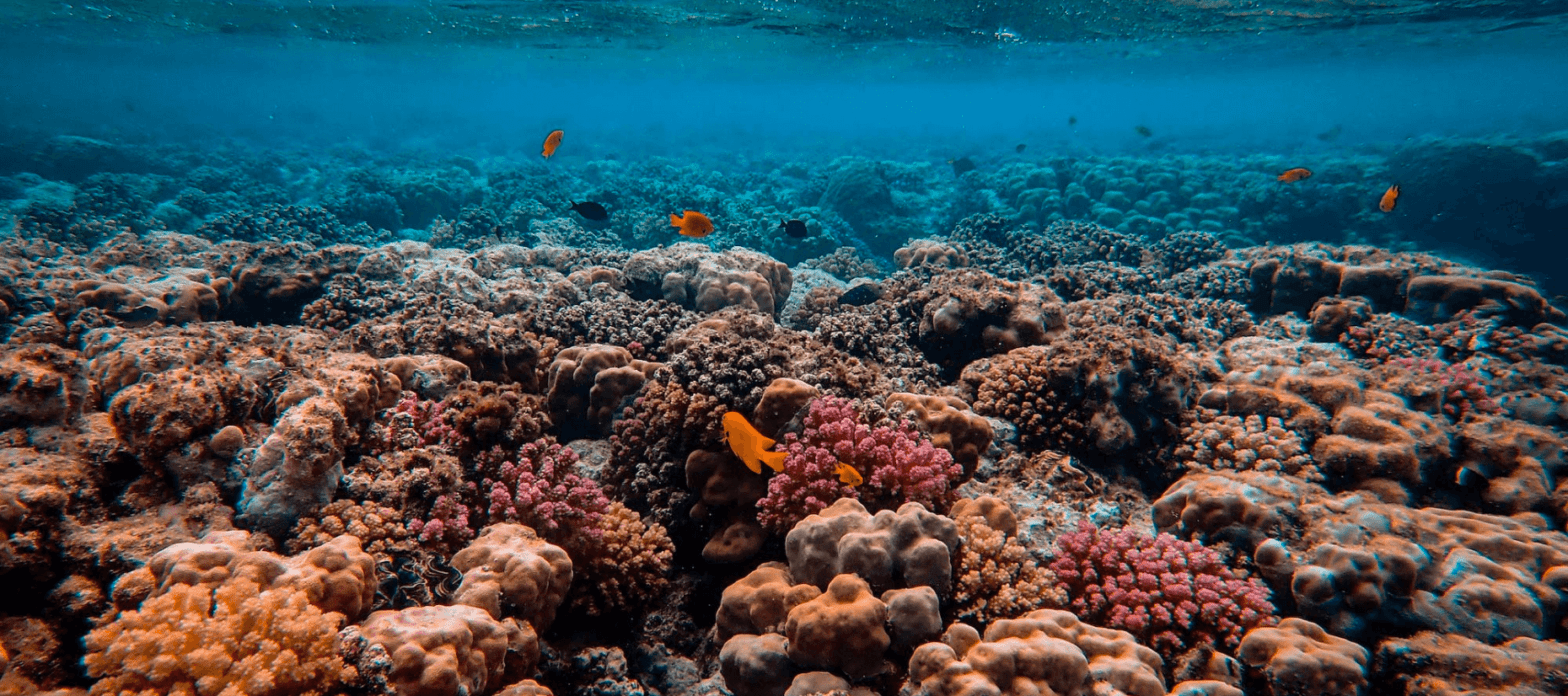- 21 June 2023
Sustainable aviation fuels set for take-off
Press Release: The Hon Catherine King MP, Minister for Infrastructure, Transport, Regional Development and Local Government
A homegrown sustainable aviation fuel (SAF) industry could help decarbonise the hard-to-abate aviation sector and create thousands of regional jobs, with grants backed by the Albanese Government.
The Australian Renewable Energy Agency (ARENA) will invest $30 million to support development of domestic SAF production from agricultural feedstocks.
The global air transport industry is committed to net-zero by 2050, but low SAF production and high prices are standing in the way.
ARENA’s 2021 Bioenergy Roadmap found a local bioenergy industry could contribute around $10 billion in extra GDP by 2030, supporting more than 26,000 new jobs.
Grants for engineering studies or pilot programmes across the supply chain, from agricultural feedstock supply to final fuel production, will fast track development of a local industry in regional Australia.
Minister for Climate Change and Energy Chris Bowen said SAF presented a huge opportunity for Australia.

“The world’s climate emergency is Australia’s jobs opportunity, and this is true for the aviation industry which is looking to reduce emissions – a homegrown sustainable aviation fuels industry could create more than 7,400 jobs by 2030, most of them in regional areas,” Minister Bowen said.
“Australia’s strong agricultural sector means we could be a global leader by scaling up domestic production of renewable fuel for exports, which could help reduce global aviation emissions significantly.
“This investment means the beginning of airlines being able to source their fuel from a variety of sources and decrease our dependence on importing fuels from overseas.
Minister for Infrastructure, Transport, Regional Development and Local Government Catherine King said Australia both had the need and resources to support a SAF industry.
“And with enormous volumes of tallow and canola oil currently shipped offshore due to attractive incentives offered by other governments, there is huge potential for Australia to become a sustainable fuels powerhouse.
“The outcomes of the ARENA-backed projects could have huge implications for regional Australia, and we will be closely following them as a government.”
ARENA will open applications for grants by mid-July.
More news
-
23 March 2023
How UWA is using a unique carbon offset partnership to help restore kelp forests
The University of Western Australia has partnered with local business Canopy Blue in a bid to reduce its carbon footprint, while allowing it to reinvest in its own research to help regenerate... -
11 June 2024
Key Advances in Seaweed Cultivation and Carbon Capture Initiative
Canopy Blue has made substantial progress in our Western Australian seaweed cultivation and carbon capture projects over the last nine months. Kalbarri One has produced excellent Kelp Credit sales including a recent... -
15 April 2024
Canopy Blue and Sumitomo Corporation Announce Memorandum of Understanding to Advance Sustainable Marine Practices in Japan
Perth, Western Australia Canopy Blue is pleased to announce a new partnership with Sumitomo Corporation, a leader in global trading and investment with a committed focus on environmental sustainability. This strategic Memorandum...


